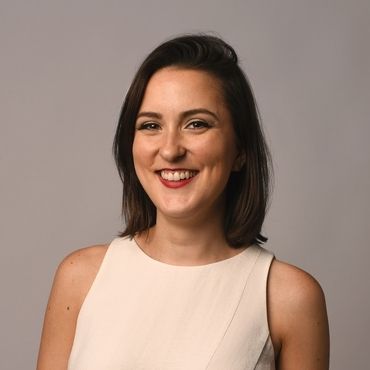The Inter-American Development Bank (IDB) has approved a US$60 million Conditional Credit Line for Investment Projects to foster sustainable development in the Bahamas by stimulating micro, small, and medium-sized enterprises (MSMEs) in the country's blue economy. This line of credit for the Local Sustainable Development in the Blue Economy Program includes a first individual loan of US$30 million.
The Bahamas’ geography and climate give it enormous potential in the blue economy, which is an approach that contributes to economic growth, environmental sustainability and healthy marine ecosystems by maximizing the value of ocean, marine and coastal resources. According to IDB estimates, the blue economy currently accounts for approximately 21.5% of the Bahamas’ GDP, and up to 50% if indirect impacts are included. But it still has potential to expand, especially in the Family Islands or the Out Islands, that is, the 700 islands that make up the Bahamas, excluding New Providence Island, where the capital Nassau is located, and Grand Bahama Island.
“The Local Sustainable Development in the Blue Economy Program will help Bahamian MSMEs in the blue economy thrive. It will facilitate sustainable tourism, expand research in agriculture and marine sciences, and strengthen marine protected areas in the Family Islands region," explained Claudia Stevenson, an IDB specialist at the Competitiveness, Technology, and Innovation Division.
The Local Sustainable Development in the Blue Economy Program will boost the productive capacity and potential of approximately 120 MSMEs in the Family Islands by providing financing and technical assistance. It will also award 160 scholarships for science degrees and 120 scholarships for specialized training for tour guides. The operation will also build up public institutions such as the Bahamas Agriculture and Marine Science Institute and the Bahamas National Trust. The program’s marine protection initiatives will benefit the population in general, particularly the approximately 25,000 inhabitants of the Andros and Abaco areas.
The program is structured around three components. The first will promote growth among MSMEs operating in the blue economy—helping them become larger and more efficient by adopting innovations and technology—and facilitate the expansion of sustainable tourism-related businesses.
The second component will develop specialized human capital for the blue economy, in coordination with Bahamas Agriculture and Marine Science Institute. This component will also foster the production of scientific knowledge and its incorporation into industry.
Finally, the third component will enhance the blue economy’s sustainability by financing the implementation and improvement of management plans for existing marine protected areas. This component also includes actions to raise community awareness, scale up coral and mangrove restoration, and collect data for marine species monitoring, among others.
The conditional credit line for investment projects and the first individual loan have been approved by the IDB's Board of Executive Directors. The credit line consists of two individual and sequential loans over the course of 10 years. The first loan of US$30 million has a 25-year repayment term, a 5.5-year grace period, and an interest rate based on the Secured Overnight Financing Rate (SOFR).
About the IDB
The Inter-American Development Bank is devoted to improving lives. Established in 1959, the IDB is a leading source of long-term financing for economic, social and institutional development in Latin America and the Caribbean. The IDB also conducts cutting-edge research projects and provides policy advice, technical assistance and training to public- and private-sector clients throughout the region. Take our virtual tour.
Geraldine García

Conditional Credit Line for Investment Projects Local Sustainable Development in the Blue Economy Program
Bahamas and the IDB